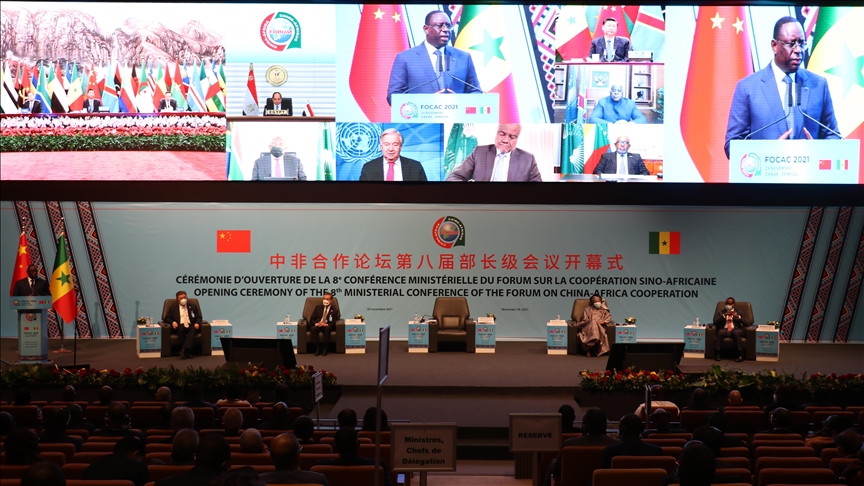As the continent seeks to advance its modernization efforts, China’s financial commitment could be seen as either a significant opportunity or a potential burden.
Here’s a closer look at the key moments of the summit.
$50 Billion for Africa: Boon or Burden?
China’s pledge of $50 billion in new funding is a pivotal moment in Sino-African relations.
The funds are earmarked for infrastructure development, agriculture, and green energy—critical sectors for Africa’s future.
However, concerns are growing over the potential for increased debt among African countries.
Despite China’s portrayal as a strategic partner, questions about repayment conditions persist, particularly in light of past instances where sovereign Chinese loans have led to heavy indebtedness.
Strengthened Partnerships and Strategic Modernization
Chinese President Xi Jinping’s vision for a modernized Global South took center stage at the summit, as China established or reinforced partnerships with 30 African nations.
This move represents a significant shift in the cooperation between the two regions.
Through the adoption of the Beijing Declaration on Building a Shared Future Community, the aim is to carve a common path toward modernization for African countries.
As part of this initiative, China has committed to transferring key technologies to foster local employment—a step towards balancing trade relations between the regions.
Geopolitical Underpinnings: A Summit Beyond Economics
The summit was not solely focused on economic matters. Politically, it was marked by significant gestures, including the reception of Malian junta leader Assimi Goïta—a clear message to the West.
By welcoming Goïta, Xi Jinping underscored China’s role as a serious alternative to Russia in Mali and reinforced its position as a neutral actor on the global stage.
Meetings with Congolese President Félix Tshisekedi and several other African leaders further highlighted China’s intent to deepen its involvement in the continent’s political affairs.
Looking Ahead: Striving for a Balanced Partnership
While the summit solidified ties between China and Africa, numerous challenges lie ahead.
African leaders now hope for more equitable trade conditions, including better access to Chinese markets for their agricultural and manufactured goods.
Moreover, the promised modernization by Xi Jinping must materialize through sustainable investments and technology transfers that genuinely benefit local economies.
According to experts, the future success of this partnership hinges on a win-win approach, one that steers clear of the debt traps that have ensnared nations in the past.
As the dust settles on this latest summit, the onus is on both sides to forge a partnership that balances ambition with practicality, ensuring that Africa reaps tangible benefits from its deepening ties with China.




